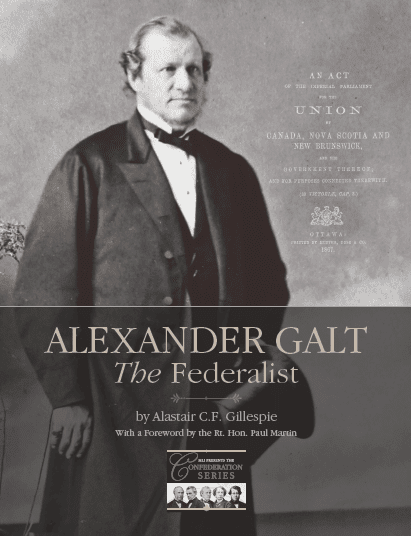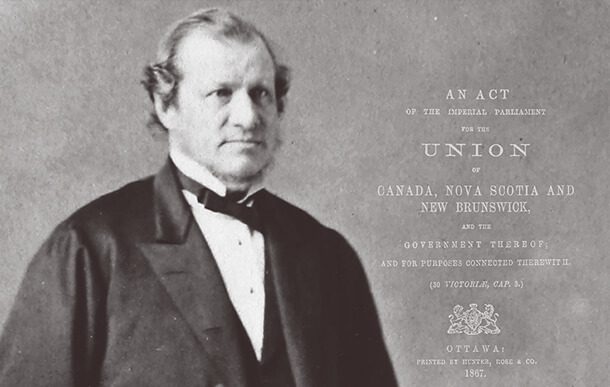- Home
- About
- Experts
- Issues
- Projects
- CNAPS (Center for North American Prosperity and Security)
- The Promised Land
- Voices that Inspire: The Macdonald-Laurier Vancouver Speaker Series
- Dragon at the Door
- Canada on top of the world
- Justice Report Card
- The Great Energy Crisis
- DisInfoWatch.org
- Double Trouble
- Digital Policy & Connectivity
- Managing Indigenous Prosperity
- Defending The Marketplace of Ideas
- Reforming the University
- Past Projects
- Canada and the Indo-Pacific Initiative
- The Transatlantic Program
- COVID Misery Index
- Speak for Ourselves
- The Eavesdropping Dragon: Huawei
- Talkin’ in the Free World with Mariam Memarsadeghi
- An Intellectual Property Strategy for Canada
- Munk Senior Fellows
- A Mandate for Canada
- Confederation Series
- Fiscal Reform
- The Canadian Century project
- Fixing Canadian health care
- Internal trade
- From a mandate for change
- Size of government in Canada
- Straight Talk
- Labour Market Report
- Leading Economic Indicator
- Centre for Advancing Canada’s Interests Abroad
- Indigenous Prosperity at a Crossroads
- Events
- Latest News
- Inside Policy
- Libraries
- Home
- About
- Experts
- Issues
- Projects
- CNAPS (Center for North American Prosperity and Security)
- The Promised Land
- Voices that Inspire: The Macdonald-Laurier Vancouver Speaker Series
- Dragon at the Door
- Canada on top of the world
- Justice Report Card
- The Great Energy Crisis
- DisInfoWatch.org
- Double Trouble
- Digital Policy & Connectivity
- Managing Indigenous Prosperity
- Defending The Marketplace of Ideas
- Reforming the University
- Past Projects
- Canada and the Indo-Pacific Initiative
- The Transatlantic Program
- COVID Misery Index
- Speak for Ourselves
- The Eavesdropping Dragon: Huawei
- Talkin’ in the Free World with Mariam Memarsadeghi
- An Intellectual Property Strategy for Canada
- Munk Senior Fellows
- A Mandate for Canada
- Confederation Series
- Fiscal Reform
- The Canadian Century project
- Fixing Canadian health care
- Internal trade
- From a mandate for change
- Size of government in Canada
- Straight Talk
- Labour Market Report
- Leading Economic Indicator
- Centre for Advancing Canada’s Interests Abroad
- Indigenous Prosperity at a Crossroads
- Events
- Latest News
- Inside Policy
- Libraries
The MLI Confederation Project:

Alexander Tilloch Galt, The Federalist
Born 6 September 1817 in London, England; died 19 September 1893 in Montréal, Que.
Galt was a Scottish-Canadian businessman, born in Chelsea, who represented Sherbrooke, Quebec. Galt was a key player in Canadian development through the British American Land Company, and as a director of the Grand Trunk Railway. He was Canada’s first post-Confederation Finance Minister, and later in life Canada’s first High Commissioner to London.
Galt’s federation resolutions of 1858 are acknowledged as having made federation “practical politics” for the first time. Galt’s early federalist speeches were important acts of public advocacy, arguing that a federal union could release the sectional conflicts that plagued the old Union of Upper and Lower Canada. He is credited with promoting the economic case for Confederation and designing its financial terms.
In his role as leader of Lower Canada’s English-speaking Protestant minority, Galt worked to secure the rights of his community though a partnership with George-Étienne Cartier. Their partnership is a leading fact of Canadian history – showing that the protection of minority rights was at the heart of the Canadian founding.
For more on Galt, see the Dictionary of Canadian Biography.
The Macdonald-Laurier Institute is pleased to showcase the third paper of its Confederation Series, written by Munk Senior Fellow Alastair Gillespie.
With an introduction by former Prime Minister Paul Martin, this paper examines Alexander Galt’s role in the birth of Confederation as a pioneering Canadian federalist, introducing the federation resolutions of 1858, and helping form the first Canadian government committed to the cause of Confederation.
To read the full paper, titled “Alexander Galt: The Federalist,” click here.
Speeches, Founding Documents
Newsletter Signup
|
|
Thank you for Signing Up |

Macdonald-Laurier Institute
323 Chapel Street, Suite #300
Ottawa, Ontario, K1N 7Z2 Canada
613.482.8327
Support Us
Support the Macdonald-Laurier Institute to help ensure that Canada is one of the best governed countries in the world. Click below to learn more or become a sponsor.
© 2023 Macdonald-Laurier Institute. All Rights reserved.

